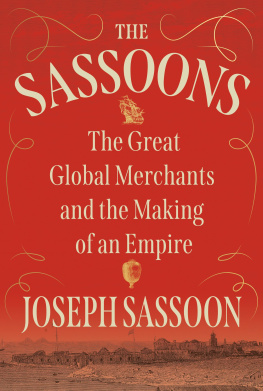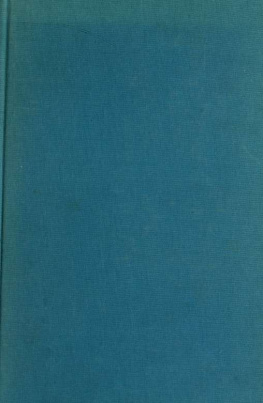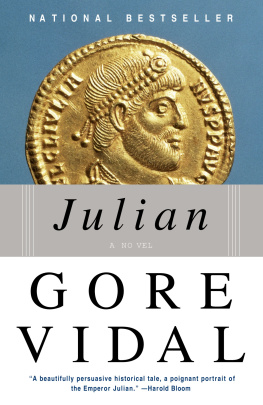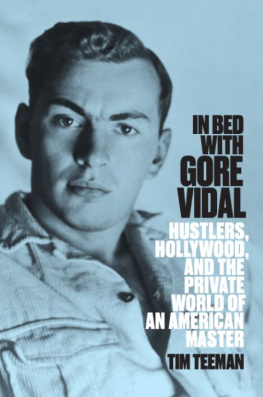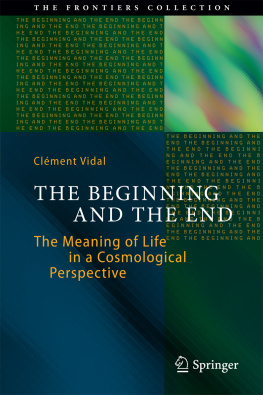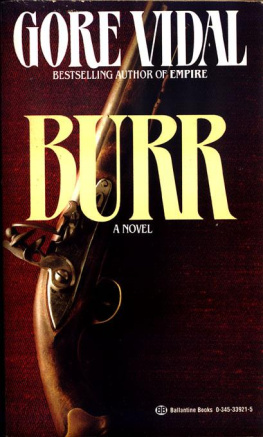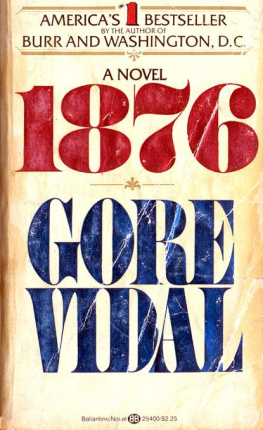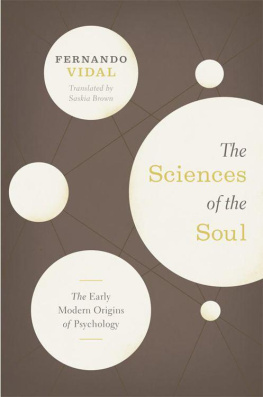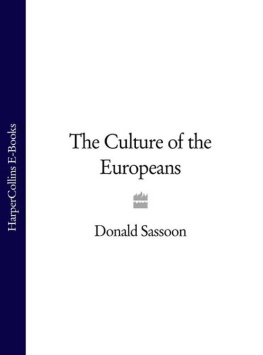Vidal Sassoon
VIDAL
The Autobiography
MACMILLAN
In the midst of winter, I found there was,
within me, an invincible summer.
Albert Camus
Contents
Prologue
There were times in the sixties and seventies when the press were literally camped outside my Bond Street salon, snapping the new haircuts as they walked out of the door, even photographing the staff themselves wearing the latest looks. In our heyday we were chased down the street, followed by a pack of screaming girls. Once we started on the geometric bobs, I had magazine editors continually on the end of the phone line for an exclusive. I had top models and actresses fighting to get an appointment. We were working fourteen-hour days. At the end of the day when the team and I went out for a drink, guess what we talked about? We lived and breathed hair. It wasnt work to me, it was a passion.
But one night a week was sacrosanct. Friday-night dinner at my mothers house in Kilburn was something I never missed. In some ways it was an antidote to all the fashion and razzamatazz, high jinks and crazy parties, and in other ways it complemented it rather nicely. It provided perspective when things looked in danger of getting out of hand.
My mother, Betty, was old school. Traditional. She was very religious. But though she had turned to God, she didnt try to convert people. For the Friday dinner she would always say to me, Darling, bring whoever you like. And I did, from photographers like Brian Duffy to actresses like Nancy Kwan or the singer Beverly Todd. She liked to meet people of all nationalities and persuasions. There were often a dozen or more people there. If everyone got together there wouldnt be room for hate, she used to say as she served the delicious chicken soup that she had spent all day preparing. Brian Duffy loved to get into philosophical debates with my mother. He would pretend he was a fascist or a communist, depending on his mood, just to create an argument. Mother would always pay him back in kind. After the horrors of the Holocaust, she became an ardent Zionist. We used to have secret political meetings at our house in Bow, with me or my brother stationed on a nearby corner to check the police didnt decide to come in and break it up. We were very used to Mother and her pamphlets. She was always fighting for some cause or other.
My mother passionately believed that people should know about other people and their culture then there would be less intolerance in the world. She was very political but she didnt force it down your throat. They were lovely, lively evenings. My friends enjoyed them too. It was something special to be at my mothers. She made the best lokshen and the best matzo ball soup. She had an answer for everything. If you asked her what the historic rationale was for matzo ball soup she would answer, It will keep you out of hospital and get you into the synagogue. She liked a mixture of people so there would be different points of view; she liked a discussion. Her family was originally from Spain and you only needed to say the word Spanish and out would come the castanets.
She was very proud of us children, but if she thought I was in danger of getting big-headed she would say, If you think Vidals OK you should meet his brother hes the clever one. My brother, Ivor, was always at those Friday-night dinners too, and he would just laugh. We were in business together and both starting to share the roller-coaster ride of success. But Ivor could do no wrong in her eyes all her special put-downs were reserved for me, her first-born. After the Five Point haircut I was all over the press, but she just said, Its a very nice article, dear. Now lets eat.
It was at one of those dinners that I told her how glad I was that she had hauled me, aged fourteen, into Professor Cohens on the Whitechapel Road to be an apprentice. How grateful I was that she had insisted I stuck it out when I came home complaining about scrubbing floors and polishing mirrors. How on earth did she know that I would find my vocation in hairdressing? She just nodded wisely when I asked her that. There are some things only a mother knows.
My mum might have been traditional but she was not at all straight-laced she loved coming into the West End to see us. She adored coming to the parties we had at the salon. Dressed up to the nines, she would sweep in and introduce herself to aristocrats, artists and pop stars. I havent put all this time and effort into you to not get a bit back now, she would mutter as she wafted past me with a glass of champagne. She wanted to see for herself what Swinging London was getting up to.
And in the end that is why Im glad that Professor Cohen made a good crimper out of me. My scissors have lifted me out of Petticoat Lane in the East End of London and have taken me all over the world. My mother, too. They have been the passport to a life we could never have dreamt of. Ive met prime ministers and Hollywood directors, screen legends and football superstars. Ive cut the hair and listened to the secrets of some of the most beautiful women in the world, and all because of one great lady and her belief in me.
1
An East End Childhood
My mother died on 19 August 1997. She had lived ninety-seven years, three months and twenty-one days. Id known her almost seventy years and had always looked up to her; she was the one stable force in my life when I was a child.
She came from a large family. Her brothers were born in Kiev, the capital city of the Ukraine, but in the late 1890s the family fled the violent anti-Semitism there and emigrated to England. Most Jewish immigrants during that time found their way to the East End of London, to Aldgate and Whitechapel, which, being close to the docks, were the hub of the community. And thats where my mother, Betty Bellin, was born in 1900. Surrounded by grinding poverty, she resolved early on to make the best of her life.
My father, Jack Sassoon, was born in Salonika, in the northern part of Greece. Blessed with both good looks and charm, it is easy to see why my mother was smitten with him when they met in 1925. Two years later, in 1927, they married and moved to Shepherds Bush, where there was a large community of Greek Jews.
Dad cajoled others into trusting him. A con artist who had the gift of the gab, he made people believe what he wanted them to believe. His brothers had also come to England and dealt in fine-quality Turkish and Eastern carpets, but his playboy manner did not sit well with them. Eventually, they asked him to find work elsewhere. Working or not, this carefree, debonair man was adored by the Greek community in Shepherds Bush. His love for life and women was a source of great attraction for those who did not have to rely on his ability to earn a living.
My mother always glossed over the bad bits of her life, but some years ago she was going through a box of faded pictures and started talking about the old days, when we used to live on a pittance. Her reminiscences piqued my curiosity. Mum, I asked, what was the worst moment of your life?
She paused for a moment, and then said, When you were three years old, Vidalico, and your brother six months, we were evicted and had nowhere to live. (Mum always called me Vidalico. The name Vidal had been in my family for years. It was passed down to the first-born from grandfather to grandson, always skipping a generation.) As she spoke, her voice cracked and it was obvious that it still hurt her.
My brother, Ivor, and I were both born in Shepherds Bush, but when my father abandoned us for another woman, leaving my mother bereft, it was clear we could not stay there. I was later told my father spoke seven languages and had sex in all of them. And his casual attitude to earning a living left her unable to pay the rent on the house where we lived. Her problems seemed to be mounting day by day and she dreaded the thought of eviction. So, in the dead of night, she packed a few belongings and photographs that she treasured, and moved Ivor and me to my aunt Katies, her elder sisters. One of my fathers brothers drove us to Katies two-room tenement on Wentworth Street in Petticoat Lane, the very heart of the East End. Her husband had died, so she was raising her three children by herself. But despite her own troubles, she invited my mother, Ivor and me into the fold and her tiny flat. We kids slept on mattresses in one room, but Ivor was lucky; he had his own crib.


